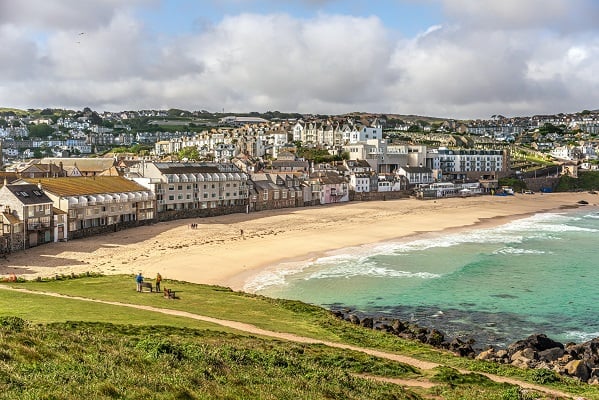Hospitality businesses could be at risk of rent and other cost rises due to inflation still being high, and for some these additional costs are untenable.
A total of 3,347 eateries have been unable to pay their debts in the past two years to March 2023, according to data from the Insolvency Service.
Energy and sustainability consultancy Advantage Utilities are urging hospitality businesses in London to review their energy costs immediately to best prepare themselves for potential rent reviews and to stand the best chance of riding out the cost storm.
We noted the sad news that the number of licensed hospitality businesses in central London has fallen by 15.6% since March 2020 – equivalent to a closure every two days.
Having helped the Tom Kerridge Group’s Hand and Flowers pub make over £50,000 in energy cost savings, here are four steps London-based hospitality businesses can take to mitigate possible rent rises and stay in business.
LED lighting – Onsite efficiency measures such as replacing halogen lighting with LED lighting can help to reduce the electricity consumption required. LED technology is not only cheaper, but offers greater energy efficiency, benefitting your business.
Fridge efficiency – The purpose of onsite efficiency is to introduce technologies which operate more efficiently. When it comes to fridges, the higher the energy rating of the product, the more efficient your working environment will become. This will decrease electricity consumption, enabling energy savings, which in turn lowers your bills.
Solar energy installation – grid-sourced energy reached record-high wholesale prices in the past 12 months: further non-wholesale costs are also forecasted to increase in future. Solar energy installation can alleviate the pressure on your business’ budgets as it is a green technology which enhances sustainability and doesn’t compromise the performance and activity of your site. It simply decreases the amount of energy required from the grid – lowering costs. Remember, greenest is cheapest!
Voltage optimisation – Electrical equipment is far less efficient if it is exposed to an excessive voltage and/or poor power quality. For instance, if a 230V lamp is run at the incorrect voltage of 240V, it would fail after 550 hours instead of 1000 hours. Not only this, but it will draw nine percent more energy in the process. Optimising your appliances, including your air conditioning, to the voltage of your site is therefore an excellent way to bring down energy costs.






Leave a Comment